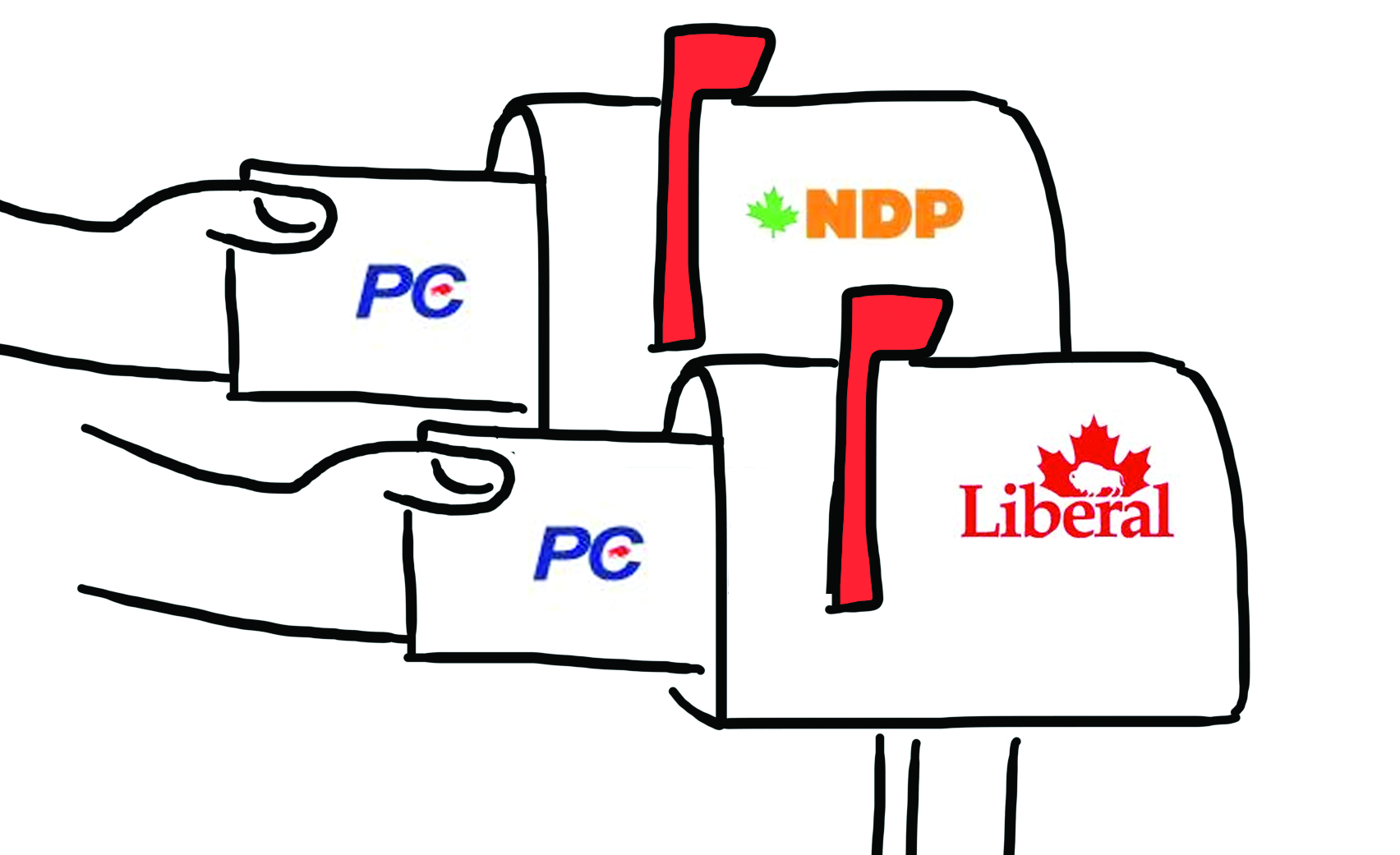Hundreds of Cypriots recently protested the European Commission, European Central Bank, and International Monetary Fund (IMF) bailout that is costing the country’s wealthy up to 60 per cent of their savings and affecting many citizens’ pensions.
Members of the movement “Wake up Cyprus” burned EU flags and chanted against the EU outside of Cyprus Parliament on Apr. 2.
The tiny Mediterranean island grabbed international headlines last month because of their massive banking crisis, which raised fresh concerns of another global financial meltdown. The crisis took place less than five years after the fearful collapse of the U.S. investment bank Lehman Brothers.
Markets across Europe, the U.S., Canada, and Asia felt tremors after Cyprus decided to tax depositors’ money for a €10 billion bailout package from the EU and the IMF.
IMF managing director Christine Lagarde recently explained that Cyprus must aim for an annual state budget surplus by 2018. Cuts required from the IMF include pensions and welfare reform.
The bailout sparked protests across the island as banks froze accounts, although Cyprus slightly softened its stance later by deciding to tax deposits of over €100,000 only.
As people of other debt-ridden Euro zone nations feared that a similar formula would be applied to them to rescue their economy, the reaction of Russia was notable.
Russia decided to partially bail out Cypriot banks on the condition that it revealed the names of potential tax-evading Russian account holders there. Such bait, however, was determined unacceptable, as it would affect its future banking business that relies heavily on overseas money.
Some wonder if the banks in Canada were to crash, will ordinary Canadians be forced to bail out their banks, facing the same fate as Cypriots?
According to professor Wayne Simpson of the University of Manitoba’s department of economics, Canada will not face a similar situation.
“Our banks are stable and well-regulated. To some extent, their profits are guaranteed by their protected status as chartered banks, in return for which they adhere to fairly severe regulations regarding how much of their resources they keep to support their deposits.”
“During the last crisis in 2008, for example, the federal government did advance banks a substantial amount to bank deposits. This was a good example, in the sense that it was the most severe financial crisis since 1929,” Simpson continued.
George Maclean, U of M associate dean of the faculty of graduate studies and international relations professor, argued that Canada could face a fate similar to Cyprus.
“Canada could. It would have to impose new legislation changes in the banking sector [which would have to be] approved by the parliament, if banks fail in Canada and the Canadian government decides the only way to avoid this is to tax Canadians. But one thing that is confusing to Canadians is that they are already being taxed on their bank deposit interest.”
Maclean also gave insight on how the Canadian government instituted TFSAs (Tax-Free Savings Account) in 2009, which provided Canadians a way to save, free of tax. If the government could introduce such laws it could also revoke it when and if necessary.
Working-class Canadians reflect the same kind of anxiety that the ordinary Cypriot displayed by hitting the streets to protest against the tax levied on their hard-earned money.
Gladys Broesky, a Winnipegger who is close to retirement age, fears losing her lifelong savings.
“Because of the international banking system, I fear [that] if it could happen in that part of the world, it’s only a matter of time, when, and how it could happen here. I cannot trust the banking system anymore,” said Broesky.
The Cyprus banking crisis puts in focus the volatility of the world economy and how a shock in the banking system of a tiny country like Cyprus can have global repercussions.



This isn’t what I said – that Canada could face the same fate as Cyprus.
You asked if Canada could tax citizens on savings account. I said it would be possible for Canada – or any state – to change legislation to tax deposits. But it would be highly unlikely for that to happen, hence the government’s push to get Canadians to save (TFSA).